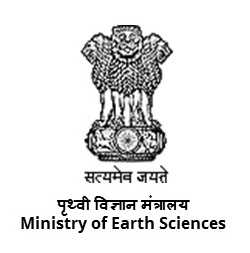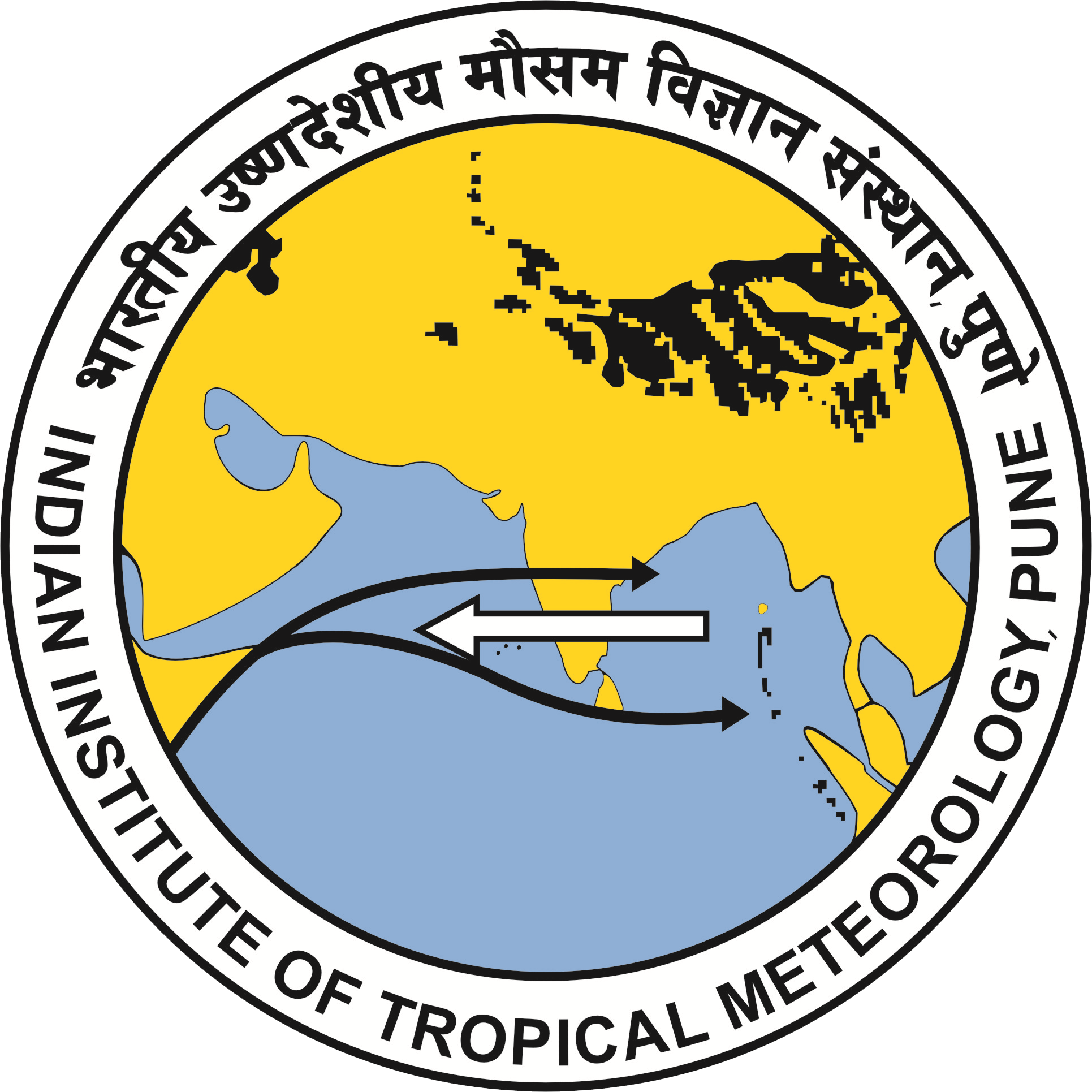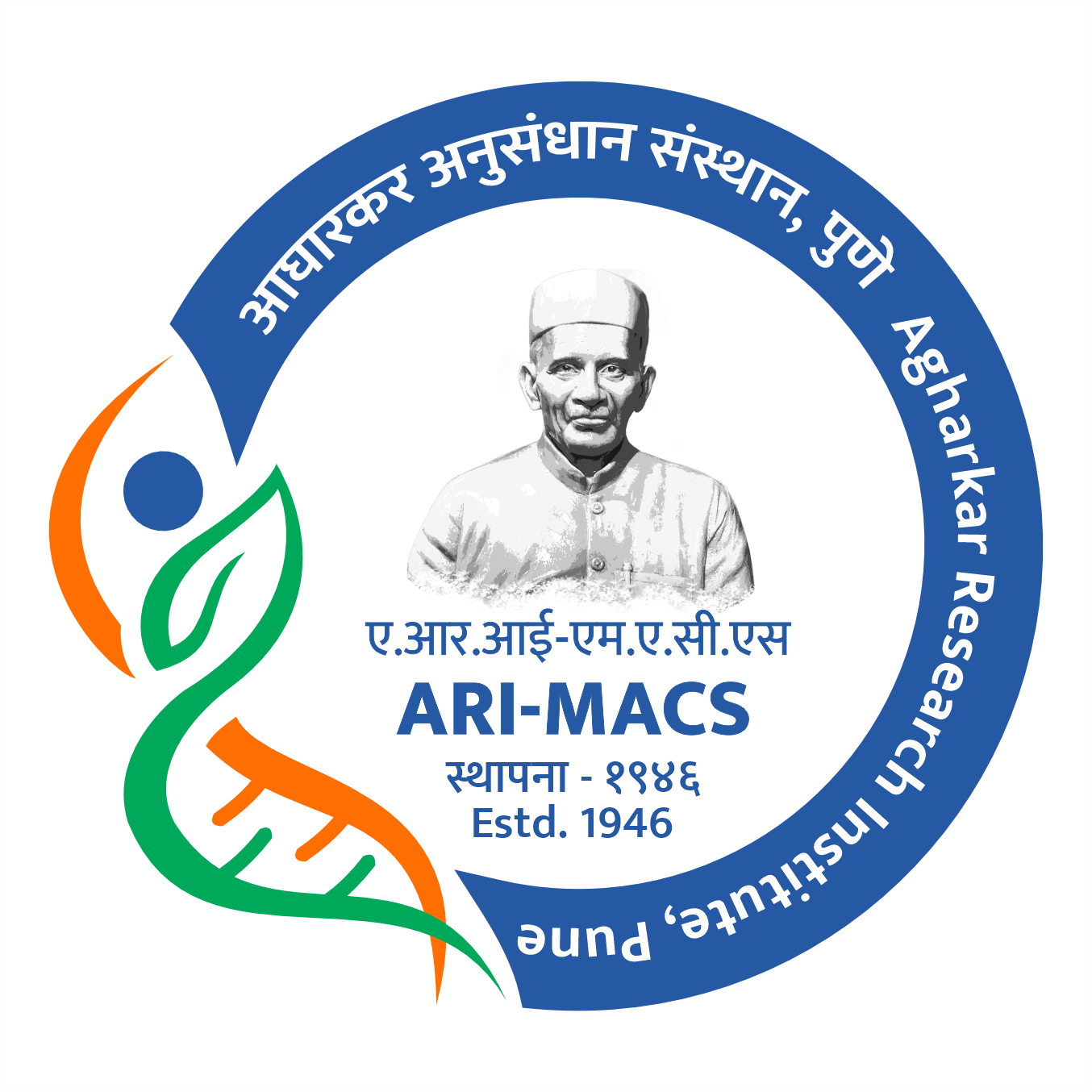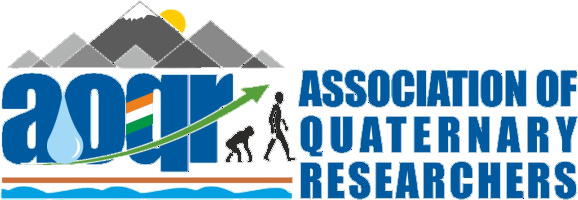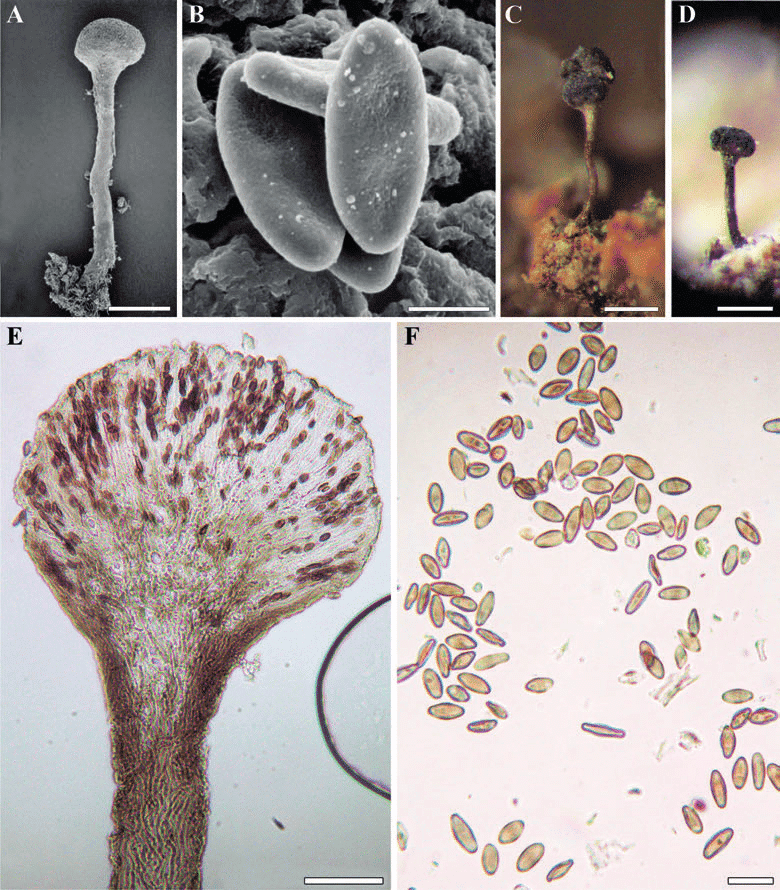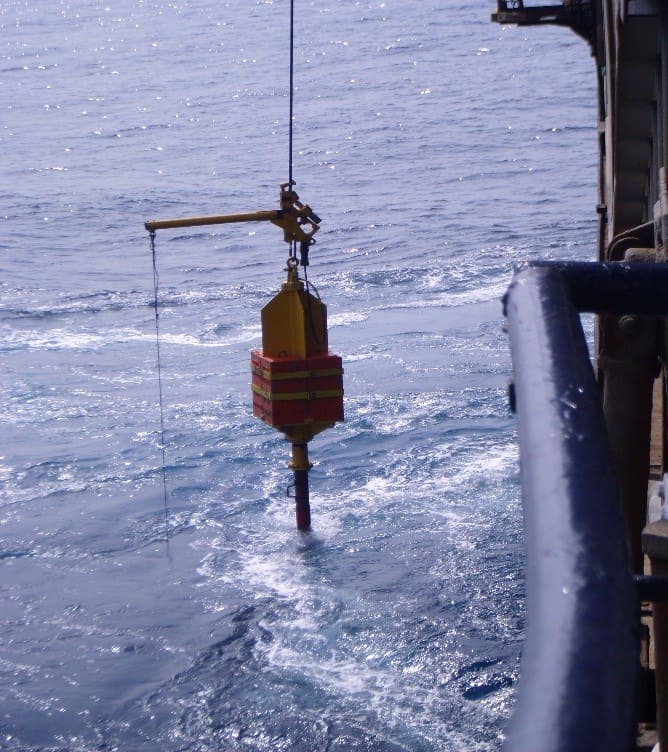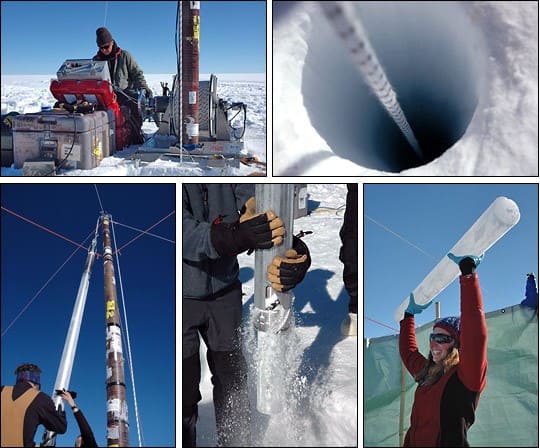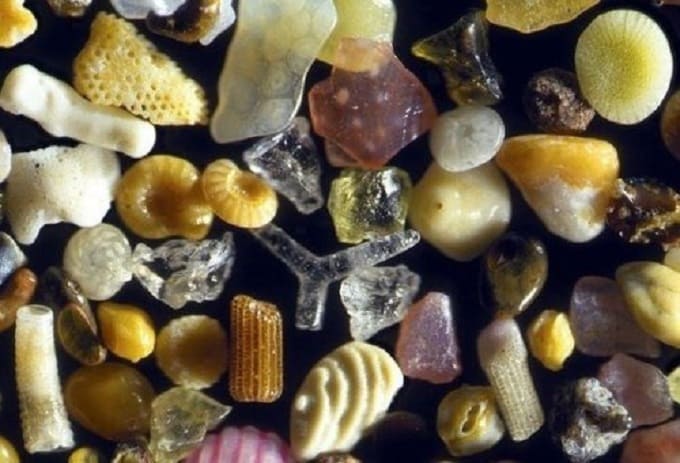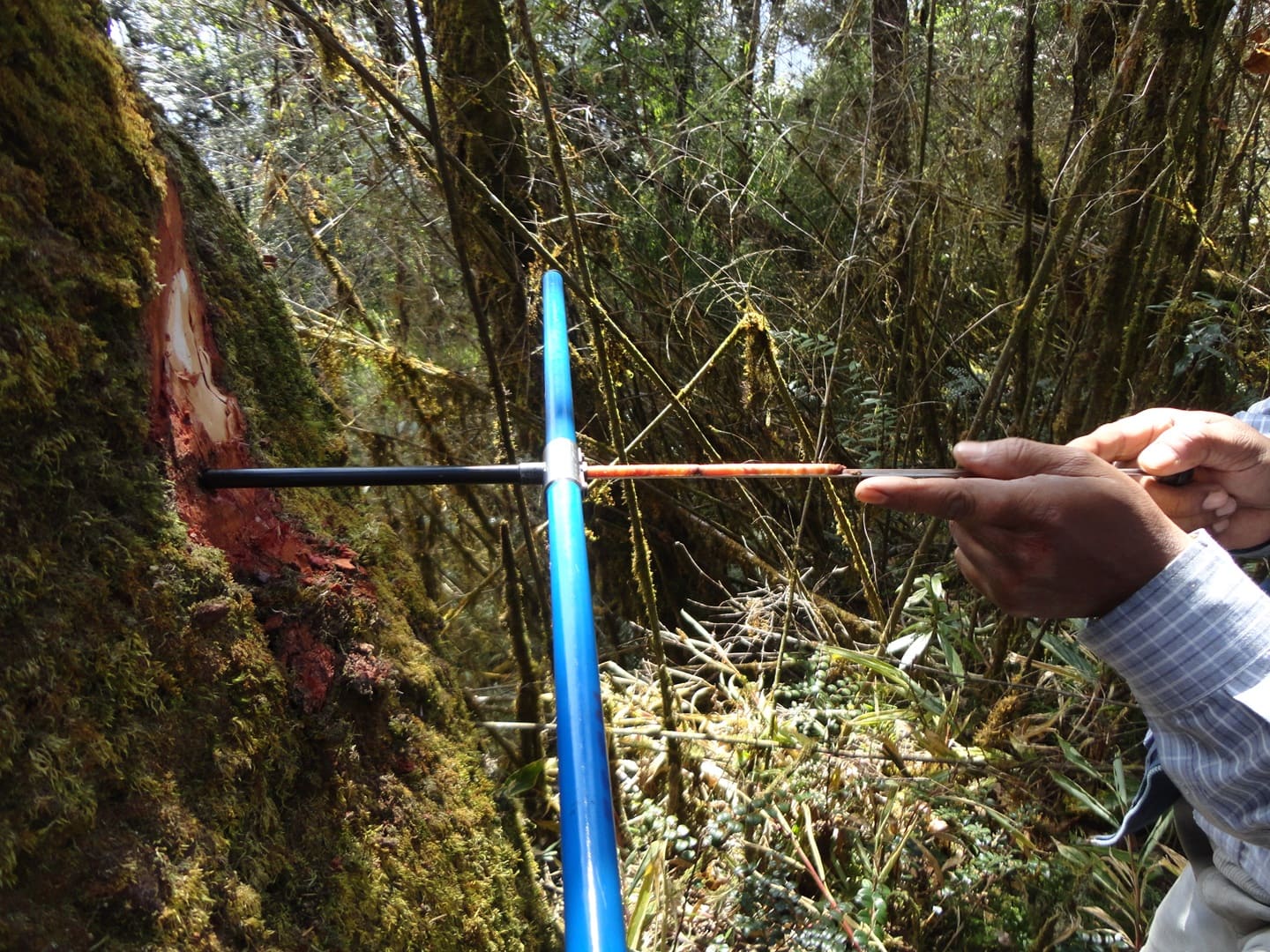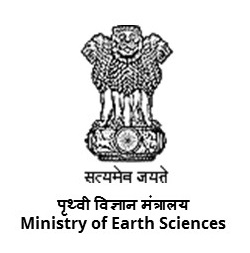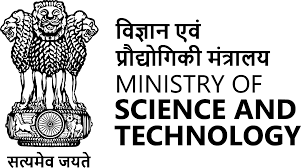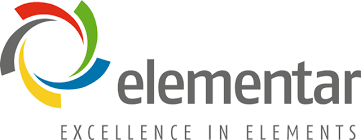Indian Institute of Tropical Meteorology and Agharkar Research Institute with Association of Quaternary Researchers (AOQR).
The pre-conference workshop is organised by Development of Skilled Manpower in Earth System Science (DESK), MoES.
The Indian Quaternary Congress (IQC) is a biennial event organised under the aegis of the Association for Quaternary Research (AOQR). Launched in 2022, IQC is envisioned as a rotating national platform, with future editions to be hosted in different regions of India through a competitive bidding process overseen by AOQR. The third edition, IQC-2026, warmly invites the Indian and international Quaternary science community to actively participate in this enriching academic gathering.
IQC-2026 will feature a two-day Pre-conference training workshop (19-20 Jan 2026), followed by a three-day scientific conference (21-23 Jan 2026). Proposed Activities are:
- Plenary and keynote lectures by eminent scientists
- Oral and poster sessions
- Pre-conference training workshop on “Stable Isotopes in Palaeoclimatology”
- Special panel discussions on interdisciplinary collaborations and future directions
- Field visit (optional) to a nearby Quaternary archive or relevant geological site\ The IQC-2026 aims to foster discussions on the challenges and advances in Quaternary climate research.
- Promote the use of interdisciplinary approaches in understanding past environmental and climatic systems, and
- Explore the intersections between human evolution, societal dynamics, climate variability, and landscape transformation over the Indian subcontinent.
Dedicated rapid-talk sessions will be organised in each theme, particularly to highlight the ongoing research by PhD scholars and postgraduate students. The congress will cover all aspects of the Quaternary period, encompassing the terrestrial, marine, and polar realms.
The training workshop is designed to provide early-career researchers and students with exposure to core aspects of paleoclimate research through expert lectures, laboratory demonstrations, data processing, and hands-on sessions in modelling, programming, and software tools.
